Caffeine And Anxiety: Does Caffeine Really Cause Anxiety 2024?
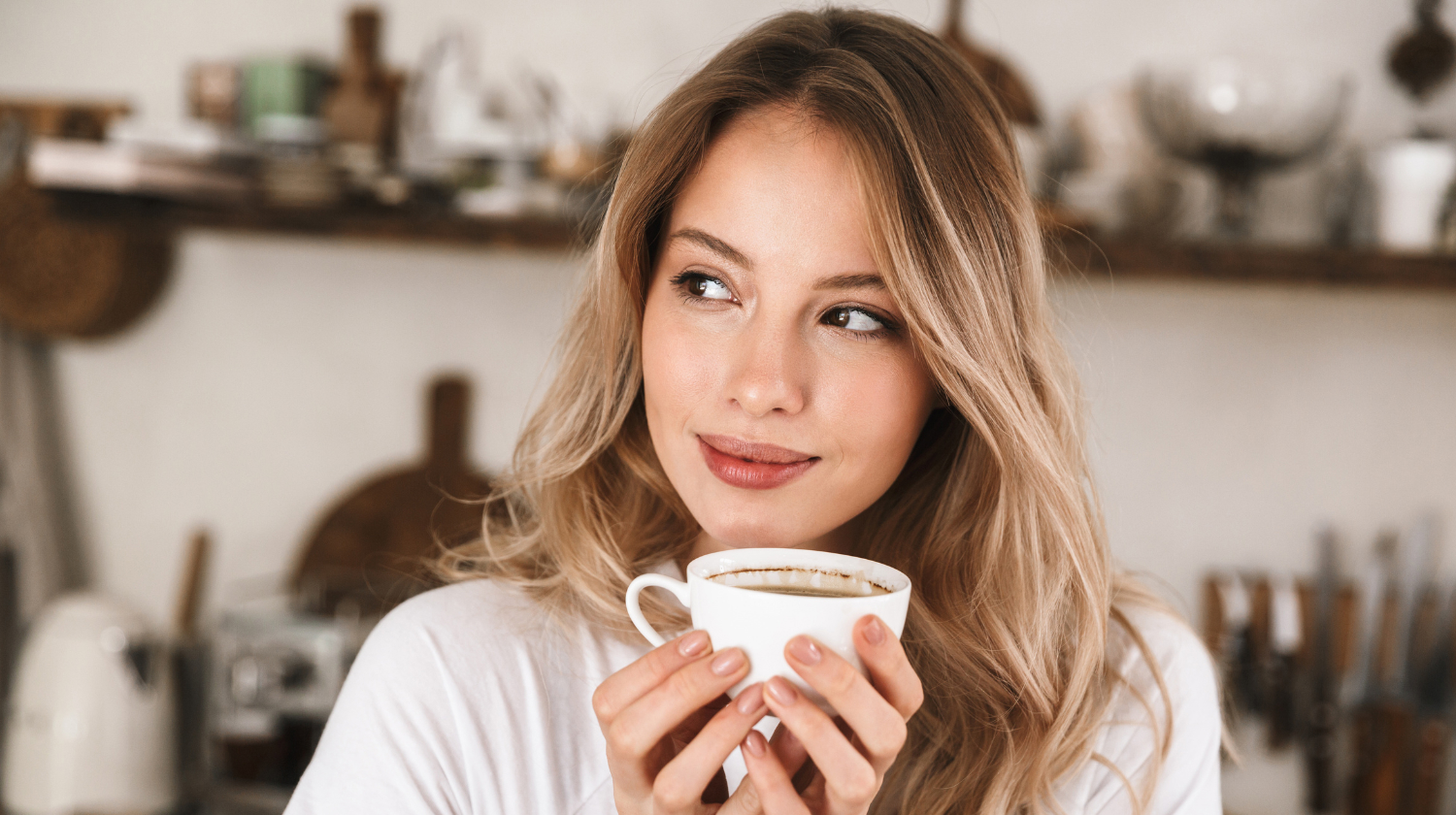
You’re sitting at your desk, typing away, and all of a sudden, you notice your heartbeat pounding, breath quickening, and chest tightening. Maybe it feels like the start of a panic attack, but it came out of nowhere — until you look at your desk and realize you completely drained your entire cup of coffee.
If that’s happened to you, you’re not alone. Research shows[1] that caffeine and anxiety are definitely related.
On top of that, caffeine is the world’s most consumed drug, and anxiety is the most common mental health disorder experienced worldwide. A staggering 20% of all U.S. adults[2] had an anxiety disorder within the last year, making it all the more important to learn about coffee’s mental effects.
Read on to find out what exactly it does to your body and how you can prevent anxiety symptoms from popping up every time you have your morning brew.
Can Caffeine Cause Anxiety?
Yes, caffeine can cause anxiety. It releases hormones that induce the fight-or-flight response, which can put you on high alert and create caffeine anxiety symptoms, like rapid heartbeat, breathing, and excessive worry.
Key Takeaways
- Anxiety disorders are the most common type of mental disorder worldwide, and caffeine is the world’s most consumed drug.
- Caffeine can create anxiety in both healthy adults and even more so in those with an anxiety disorder.
- You can reduce caffeine’s anxiety-inducing effects by drinking more slowly, hydrating with water, eating fibrous foods beforehand, and moving your body.
The Connection Between Caffeine And Anxiety
There’s no doubt that caffeine can cause anxiety and other mental health issues that could be made worse by adding an anxiety overlay. We all drink it because of its energy-inducing effects, which it achieves by blocking the brain chemical that makes you feel tired — adenosine.[3] There’s more to it than just that, though.
How Does Caffeine Affect Anxiety?
Caffeine helps your body release more adrenaline,[4] which puts you on high alert since it’s your fight-or-flight hormone. This hormone can produce a faster and stronger heartbeat, rapid breathing, and anxiety. Some research claims[5] that when caffeine is taken when emotionally distressed, even more adrenaline can be released, exacerbating anxiety.
The Diagnostic and Statistical Manual of Mental Disorders, or DSM-5, even lists four types of caffeine-related disorders:[6]
- Caffeine withdrawal — the prolonged daily use of caffeine and three or more withdrawal symptoms occurring within 24 hours of abrupt cessation or reduction. Symptoms include headache, fatigue or drowsiness, dysphoric/depressed/irritable mood, difficulty concentrating, or flu-like symptoms.
- Caffeine intoxication — anxiety symptoms like nervousness, restlessness, or digestive issues after consuming too much caffeine.
- Unspecified caffeine-related disorder — a problematic caffeine use disorder that can cause distress or impairment due to overuse, inability to quit, or withdrawal symptoms.
- Caffeine-induced anxiety disorder or sleep disorder — anxiety or sleep disorders that develop due to high caffeine consumption.
Fortunately, with professional help and strategic coping methods put into place, it is possible to heal from caffeine-related anxiety disorders.
Does Caffeine Make Anxiety Worse?
Caffeine has a more extreme effect if you already suffer[7] from an anxiety disorder. But it can even affect people who are simply going through a stressful situation, making them even more anxious.
It’s best to consume less if you’re stressed, prone to anxiety, or already have a panic or anxiety disorder.
Symptoms Of Caffeine-Induced Anxiety
While everyone can experience different symptoms,[1] these are some of the most common to watch out for after consuming caffeine:
- Nausea.
- Insomnia.
- Sweating.
- Dizziness.
- Headache.
- Dehydration.
- Fast heart rate.
- Excessive worry.
- Increased frequency of urination.
- Restlessness, tremors, and shakiness.
These symptoms vary in intensity depending on the day and how much caffeine you’ve consumed.
Many things affect anxiety, such as how much sleep you got the night before, how stressed you are now, and even the last meal you ate.
How Much Caffeine Is Too Much?
Up to 400 milligrams[8] of caffeine, a day is safe and tolerable for most people. One cup of coffee has about 100 milligrams, so it’s about four cups of coffee per day.
However, it completely depends on the person. Some people can develop anxiety symptoms after one cup, while others can drink five and have zero side effects. Also, spreading out your total daily consumption can dilute caffeine’s effects.
Your tolerance levels also matter — if you haven’t had coffee regularly in a while and then drink a cup, you’re more likely to notice a stronger effect and have a higher chance of developing anxiety.
About five cups of coffee[7] have been shown to induce anxiety in healthy adults and panic attacks in those with a panic disorder. But even up to 300 milligrams, or three cups,[7] can increase anxiety and panic attacks.
Overall, what is considered excessive caffeine consumption really depends on the individual.
How To Get Rid Of Caffeine Anxiety
Luckily, there are things you can do to reduce the effects of caffeine on anxiety, such as:

- Drink a ton of water. Dehydration[9] can worsen anxiety symptoms, and the water can help flush the caffeine out of your bloodstream. Also, caffeine acts as a diuretic,[10] increasing the frequency of urination and the risk of dehydration.
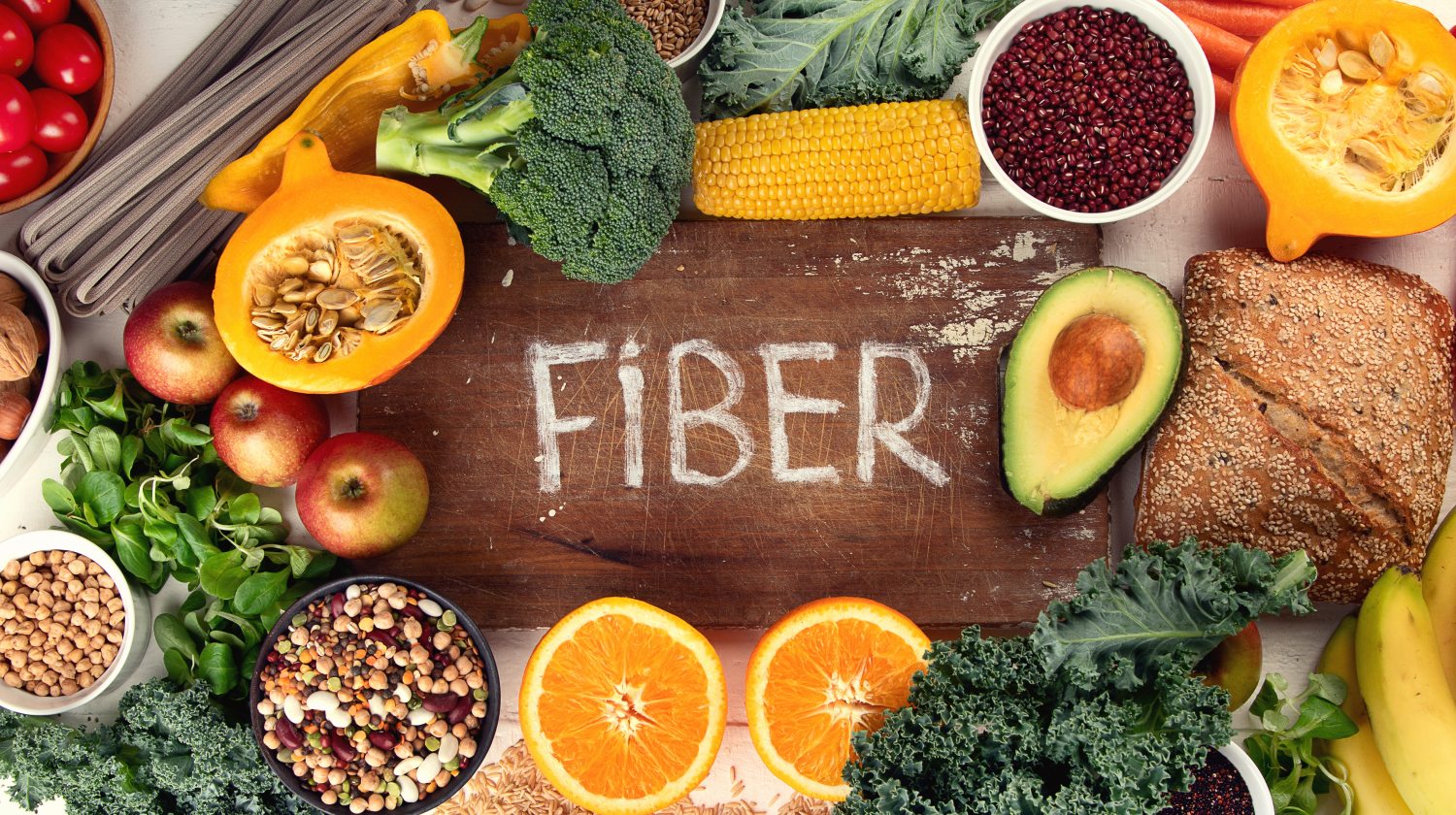
- Eat fiber-rich food. Healthy fibrous foods help to slow the release of caffeine[11] into your bloodstream. Examples include bananas, whole grains, legumes, starchy vegetables, nuts, and seeds.
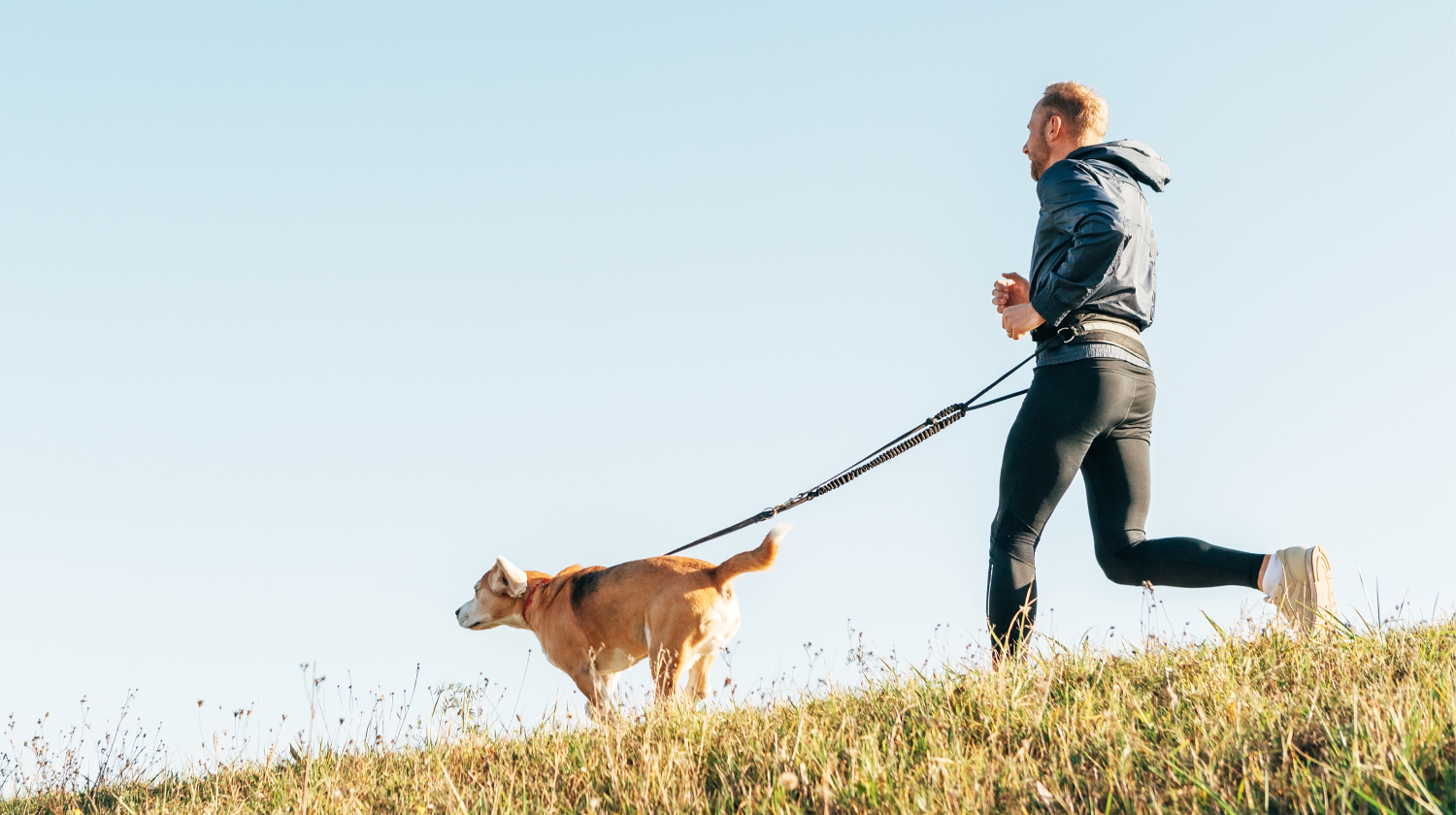
- Move your body. Going for a walk[12] or putting on a YouTube workout video can help you release the tension and anxiety from your body.
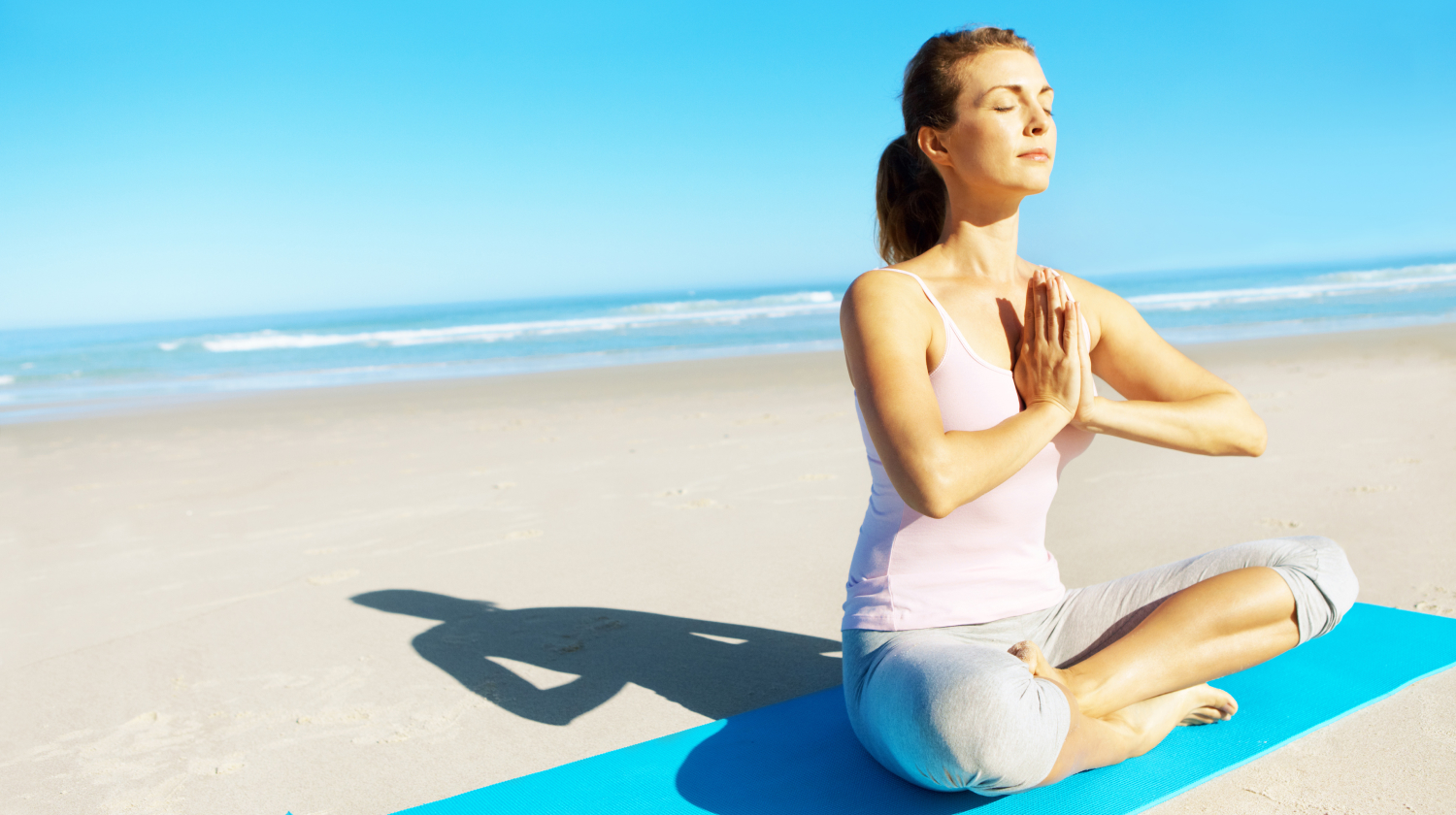
- Practice deep breathing. Taking a moment to calm your breath[13] can help to slow it down, which can reduce your heart rate and anxiety.
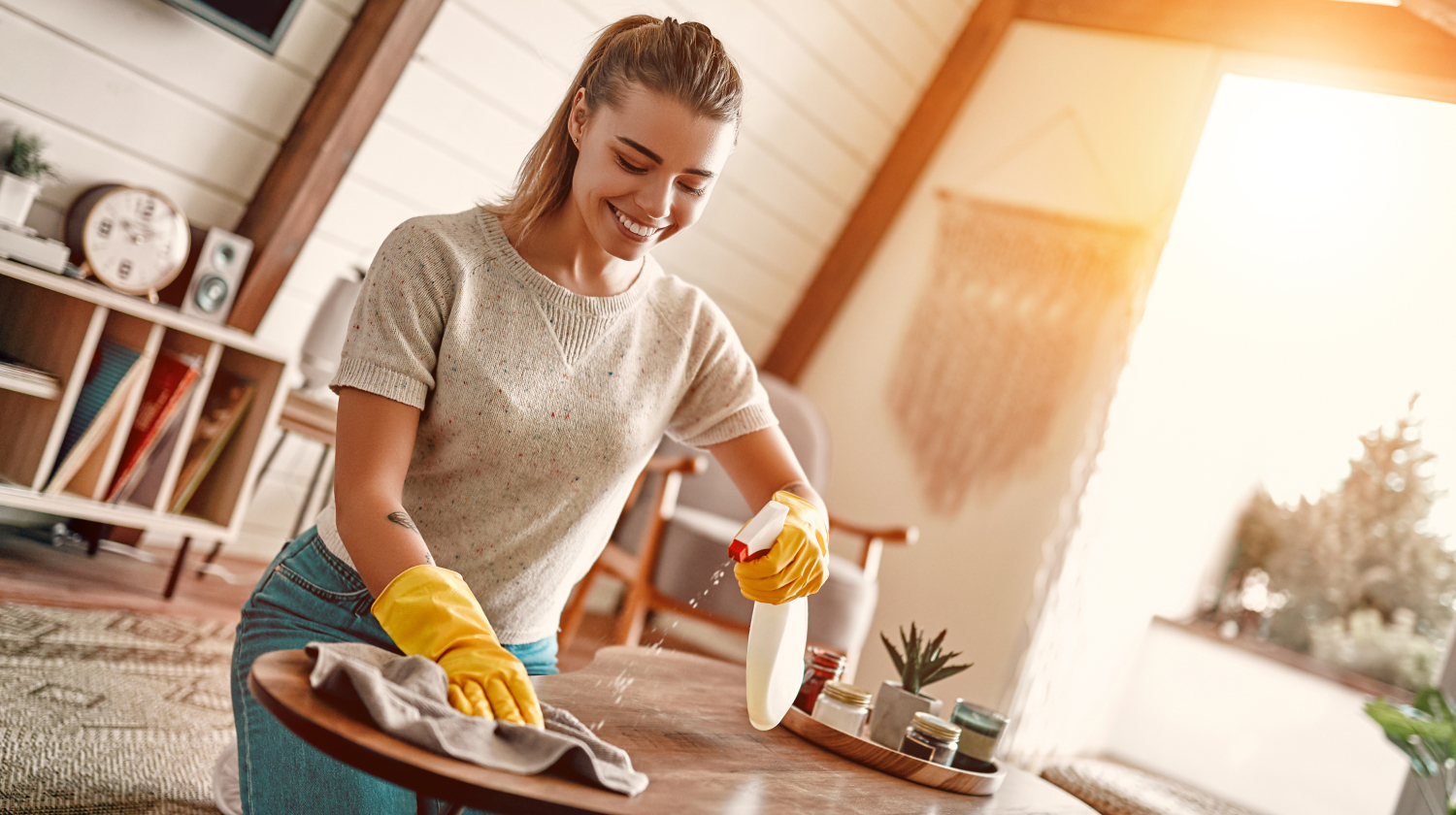
- Distract yourself. If your mind is racing, find a task you can focus on. Maybe it’s a task you’ve been procrastinating on, like cleaning the house or a tedious work project.
While there isn’t one caffeine anxiety cure, these steps can help reduce those intense caffeine jitters, anxiety, and digestive symptoms.
Ways To Consume Caffeine Safely
We’re genetically wired[14] to react to caffeine differently. Some people are naturally very sensitive and metabolize caffeine more slowly, meaning it’ll stay in their bodies even longer. Besides genetics, weight can impact caffeine metabolism.
On top of that, caffeine can affect us differently daily, depending on factors like sleep, stress levels, and diet. That means you’ll have to really observe how caffeine affects you because it’s not going to have the same effects every day.
In general, caffeine can take effect in as little as 15 minutes,[15] and the level in your blood can peak about one to two hours later and remain for several hours. About half the caffeine you consume is still in your body six hours later, and it can take about 10 hours for it to completely clear your bloodstream.
So, with this knowledge in mind, here are some research-backed tips[1] that will help you avoid anxiety while still enjoying the benefits of caffeine:
- Wait at least an hour after waking to drink coffee. Right after you wake up, you produce cortisol, the stress hormone that gives you energy, so you don’t need caffeine until it wears off mid-morning or early afternoon.
- Eat beforehand. Especially if you’re sensitive to caffeine or coffee acidity, it’s best to have a meal with protein and fiber, which can help slow the absorption of caffeine into the bloodstream.
- Only drink when necessary. Try reducing your caffeine intake by drinking coffee only on days when you’re exhausted, and it’s absolutely needed.
- Slowly reduce or increase the amount of caffeine you consume. If you’re going to start drinking coffee, have half a cup and wait at least half an hour before drinking more. The same goes for reducing — go slowly to avoid withdrawal symptoms.
- Don’t drink coffee for at least six hours before you go to bed. If you can, aim to stop 10 hours before bed so that it’s completely out of your system.
- Keep caffeinated food and medication in mind. Different foods and drinks have caffeine, like chocolate, soda, guarana, and supplements. Medications like pain relievers also have caffeine, so these can quickly add to your daily total.
- Use research-backed quitting strategies. If you think you’re addicted and are considering quitting caffeine, use the same strategies for quitting other addictive substances, like smoking, drinking, or overeating. Talk to a mental health professional privately or research methods online to follow.
If you put these tips into practice, you’ll be able to find your own way to enjoy coffee without any anxiety attached. It might take some time and patience to find what dose suits you best, depending on the day and your stress and energy levels.
Final Thoughts
Coffee and anxiety go hand in hand for many people, especially those more sensitive to caffeine. It affects everyone differently, but it can affect you even more on days when you’re stressed or haven’t eaten or slept well.
To reduce caffeine’s anxiety-inducing effects, try to slowly reduce your usual amount, drink lots of water, eat beforehand or right after, and hold off on drinking it until you absolutely need it.
Suppose you’ve already had too much and are feeling some negative effects. In that case, you can still hydrate and eat to help, but moving your body or practicing deep breathing exercises to release the tension can also make a big difference.
So, does caffeine increase anxiety for both healthy people and those already suffering from an anxiety disorder? All signs point to yes, making it all the more necessary to closely watch how much you’re consuming and follow steps to cut back slowly. Like many substances, it is related to genetics, health status, and dose.
While caffeine might seem like the world’s miracle drug, it can turn around and make you pull a Dr.Jekyll/Mr.Hyde quicker than you know it.
+ 15 sources
Health Canal avoids using tertiary references. We have strict sourcing guidelines and rely on peer-reviewed studies, academic researches from medical associations and institutions. To ensure the accuracy of articles in Health Canal, you can read more about the editorial process here
- Lu, S. (2015). Too much coffee? [online] https://www.apa.org. Available at: https://www.apa.org/gradpsych/2015/11/coffee
- Nami.org. (2023). Anxiety Disorders | NAMI: National Alliance on Mental Illness. [online] Available at: https://www.nami.org/About-Mental-Illness/Mental-Health-Conditions/Anxiety-Disorders
- Sheth, S., Brito, R., Mukherjea, D., Rybak, L. and Ramkumar, V. (2014). Adenosine Receptors: Expression, Function and Regulation. International Journal of Molecular Sciences, [online] 15(2), pp.2024–2052. doi:https://doi.org/10.3390/ijms15022024.
- Cleveland Clinic. (2022). Adrenaline: Where the hormone is located & what it does. [online] Available at: https://my.clevelandclinic.org/health/body/23038-adrenaline
- Özpalas, B., Özer, A., Kilis, Üniversitesi, A., Fakültesi, M., Bölümü, G., Üniversitesi, M., Fakültesi, Z., İnsan, K., Etkileri, S., Kelimeler, A., Kafein, Sağlığı, İ. and Beslenme (n.d.). Effects of Caffeine on Human Health. Nevşehir Bilim ve Teknoloji Dergisi Cilt, [online] 6, pp.297–305. doi:https://doi.org/10.17100/nevbiltek.331845.
- Addicott, M.A. (2014). Caffeine Use Disorder: A Review of the Evidence and Future Implications. Current Addiction Reports, [online] 1(3), pp.186–192. doi:https://doi.org/10.1007/s40429-014-0024-9.
- Klevebrant, L. and Frick, A. (2022). Effects of caffeine on anxiety and panic attacks in patients with panic disorder: A systematic review and meta-analysis. General Hospital Psychiatry, [online] 74, pp.22–31. doi:https://doi.org/10.1016/j.genhosppsych.2021.11.005.
- Medlineplus.gov. (2021). Caffeine. [online] Available at: https://medlineplus.gov/caffeine.html
- Liska, D., Mah, E., Brisbois, T., Barrios, P.L., Baker, L.B. and Spriet, L.L. (2019). Narrative Review of Hydration and Selected Health Outcomes in the General Population. Nutrients, [online] 11(1), p.70. doi:https://doi.org/10.3390/nu11010070.
- Marx, B., Scuvée, É., Scuvée-Moreau, J., Seutin, V. and Jouret, F. (2016). Mécanismes de l’effet diurétique de la caféine. médecine/sciences, [online] 32(5), pp.485–490. doi:https://doi.org/10.1051/medsci/20163205015.
- The Nutrition Source. (2020). Caffeine. [online] Available at: https://www.hsph.harvard.edu/nutritionsource/caffeine/
- Miller, J.C. and Krizan, Z. (2016). Walking facilitates positive affect (even when expecting the opposite). Emotion, [online] 16(5), pp.775–785. doi:https://doi.org/10.1037/a0040270.
- Harvard Health. (2015). Relaxation techniques: Breath control helps quell errant stress response – Harvard Health. [online] Available at: https://www.health.harvard.edu/mind-and-mood/relaxation-techniques-breath-control-helps-quell-errant-stress-response
- EXPERT REPORT Genetics, metabolism and individual responses to caffeine. (n.d.). Available at: https://assets-global.website-files.com/61278f4a0fe77893a00f1f11/613ded271ac7a9355c1b3516_Caffeine_Metabolism_Report-DESIGNED-290518.pdf
- Cleveland Clinic. (2020). Caffeine: How Long it Lasts, How Much & Withdrawals. [online] Available at: https://my.clevelandclinic.org/health/articles/15496-caffeine-how-to-hack-it-and-how-to-quit-it



